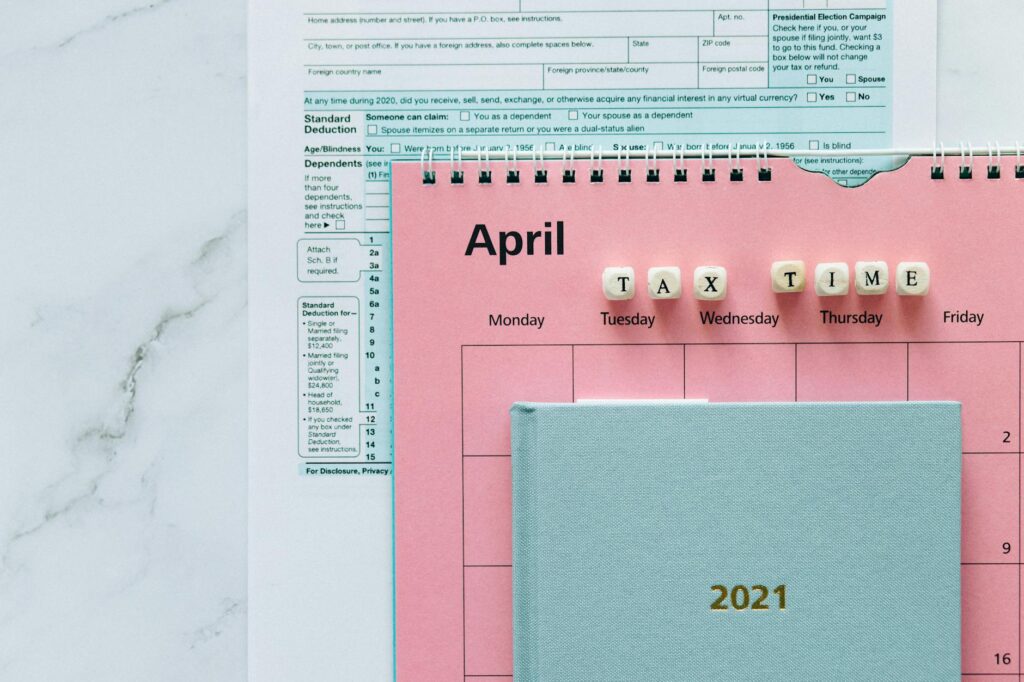Managing finances can often feel overwhelming, especially when life’s complexities get in the way. Whether it’s saving for retirement, investing in the stock market, or simply creating a budget that works, understanding when it’s time to bring in a professional can make all the difference. Here are ten signs that it might be time to hire a financial planner to help guide your financial journey.
1. You’re Not Seeing Progress on Your Financial Goals
Setting financial goals is one thing, but making tangible progress towards them is another. If you find yourself continuously falling short of your financial ambitions, a financial planner can help realign your strategies and manage your finances more effectively.

2. You Received a Large Sum of Money
Inheriting money or receiving a large financial gift can be a double-edged sword. While it boosts your financial resources, managing it wisely is crucial. A financial planner can help navigate the complexities of sudden wealth, ensuring it’s a boon to your financial health rather than a burden.
3. You’re Navigating Major Life Changes
Whether it’s marriage, divorce, a new baby, or retirement, major life changes often require significant financial adjustments. A financial planner can provide the support and advice you need to make the transition smoother and financially viable.
4. You’re Overwhelmed by Tax Planning
Taxes can be complicated, and the fear of making a mistake or not maximizing your returns can be paralyzing. Financial planners not only help with tax preparation but can also guide tax-saving strategies throughout the year.
5. Your Investment Strategy Feels Scattered
If your investment portfolio lacks coherence or you’re not sure if you’re investing wisely, a financial planner can assess your current strategy and help refine it, ensuring it aligns with your goals and risk tolerance.
6. You Have No Estate Plan
Estate planning is about ensuring your assets are distributed according to your wishes after you’re gone. If you haven’t thought about an estate plan, a financial planner can help initiate the process, potentially with the involvement of a legal expert.
7. You Lack a Retirement Strategy
Retirement planning is about more than just saving money. It’s about creating a strategy that ensures you can live comfortably in your later years. If you’re unsure how to go about this, a financial planner can offer invaluable guidance.

8. You’re Not Insured, or Over-Insured
Insurance is a crucial element of any financial plan, offering protection against unforeseen events. If you’re underinsured or paying for more coverage than you need, a financial planner can help assess your situation and adjust your policies accordingly.
9. You’re Facing Debt Management Issues
If your debt seems insurmountable, or if you’re not sure how to approach paying it off, a financial planner can offer strategies to manage or reduce your debt more efficiently, freeing up resources for other financial goals.
10. You Want to Leave a Legacy
Leaving a lasting legacy, whether it’s for your family or a cause you’re passionate about, requires careful financial planning. A financial planner can help outline a plan that ensures your legacy is preserved according to your wishes.

Managing finances can be complex, but recognizing when you need professional help is a crucial step towards financial stability and growth. If you’ve noticed any of the signs mentioned, it might be time to consider hiring a financial planner. Remember, the path to financial health is a journey, and you don’t have to travel it alone.
Frequently Asked Questions
How often should I meet with my financial planner? It depends on your individual needs and financial goals, but typically, meeting once or twice a year for a review is advisable.
Can a financial planner help with budgeting? Yes, financial planners can provide valuable insights into creating and maintaining a budget that aligns with your financial goals and lifestyle.
Is hiring a financial planner expensive? The cost can vary widely based on their pricing structure (hourly rates, a percentage of assets managed, etc.) and your needs, but many find the investment worth the personalized advice and peace of mind.
What’s the difference between a financial planner and a financial advisor? The terms are often used interchangeably, but generally, a financial planner focuses on creating a comprehensive financial plan, while a financial advisor may concentrate more on investments.
How do I choose the right financial planner for me? It’s important to look for someone who is certified, has experience relevant to your specific financial situation, and whose approach and philosophy align with your own financial goals.



